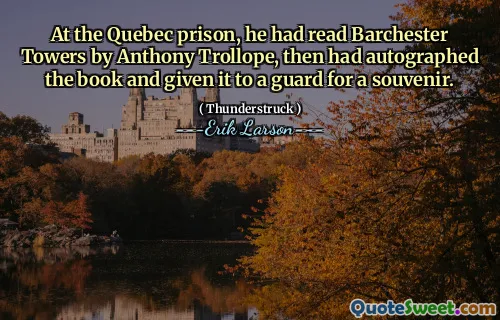As a homeopath, he knew the powers not just of ordinary opiates but also of poisons such as aconite, from the root of the plant monkshood; atropine, from belladonna {or deadly nightshade}; and rhus toxin from poison ivy. In large doses each could prove fatal, but when administered in tiny amounts, typically in combination with other agents, such compounds could produce a useful palette of physical reactions that mimicked the symptoms of known diseases.
The homeopath mentioned in Erik Larson's "Thunderstruck" was keenly aware of the medicinal properties of various substances, including common opiates and potent poisons. For instance, aconite, extracted from monkshood, and atropine, derived from the deadly nightshade plant, are known for their dangerous effects in large doses. However, when these substances are utilized in very small quantities, they can yield beneficial effects that replicate the symptoms of specific illnesses. This approach enables practitioners to create targeted treatments that closely align with patients' conditions.
This innovative technique highlights the dual nature of these substances, showcasing the fine line between healing and harmful effects. The careful administration of such compounds, often in conjunction with other agents, allows homeopaths to harness their potential for therapeutic purposes. By understanding the intricate balance required, practitioners can effectively utilize these potent substances to stimulate the body's own healing processes and provide relief from various ailments.






